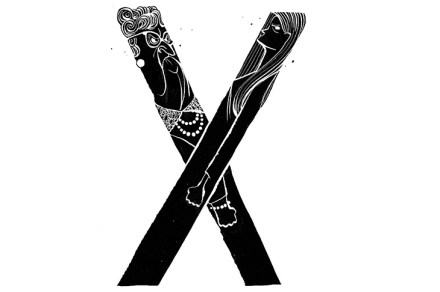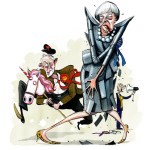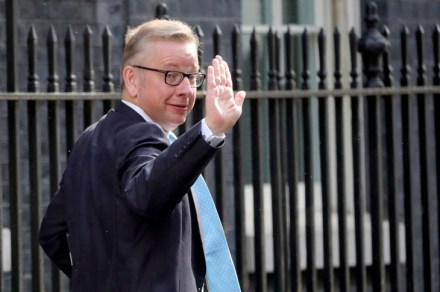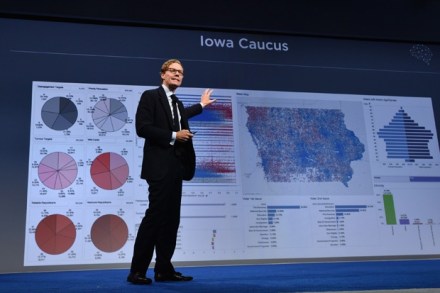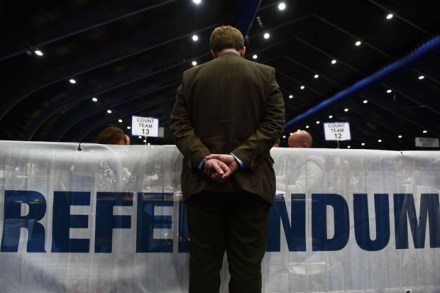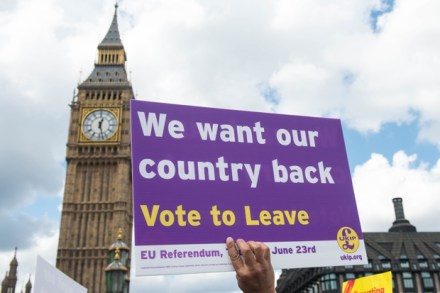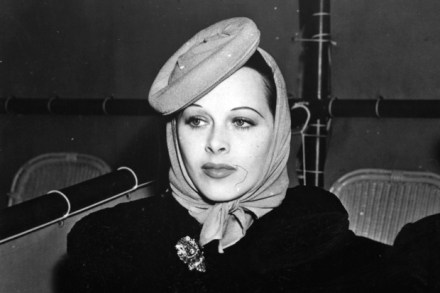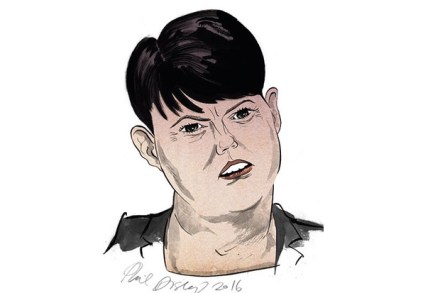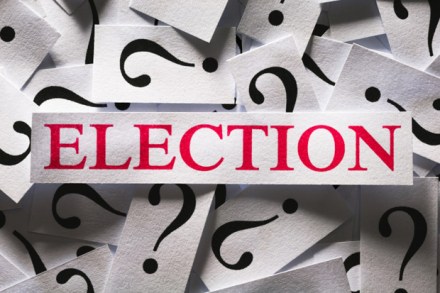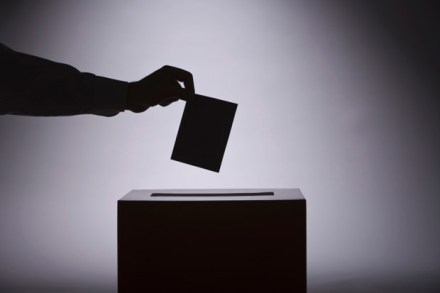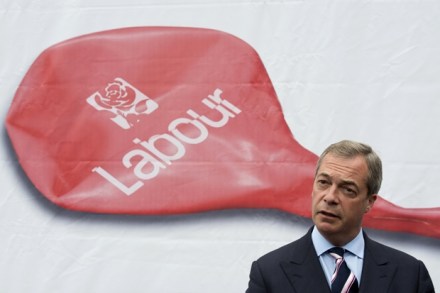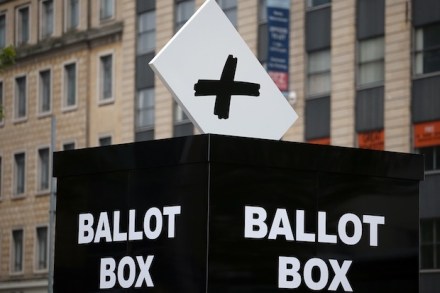Get ready for the Great Lammy Firewall
Many of you will be waiting, with much excitement, for the Great Lammy Firewall, which will be introduced by our new Labour government just as soon as they’ve nationalised the internet. Free broadband for everyone, except for those reactionaries who contravene one of 756 stipulations written in the inevitable community code of conduct agreements (i.e. most of the people who pay for this stuff through their taxes). That’s me offline, then — and, after a while, probably you too. Imaginary hate crimes will see you sent to the Lammy Sin Bin or, if they’re considered serious enough, the thought police will be round with their black plastic bags and BBC



